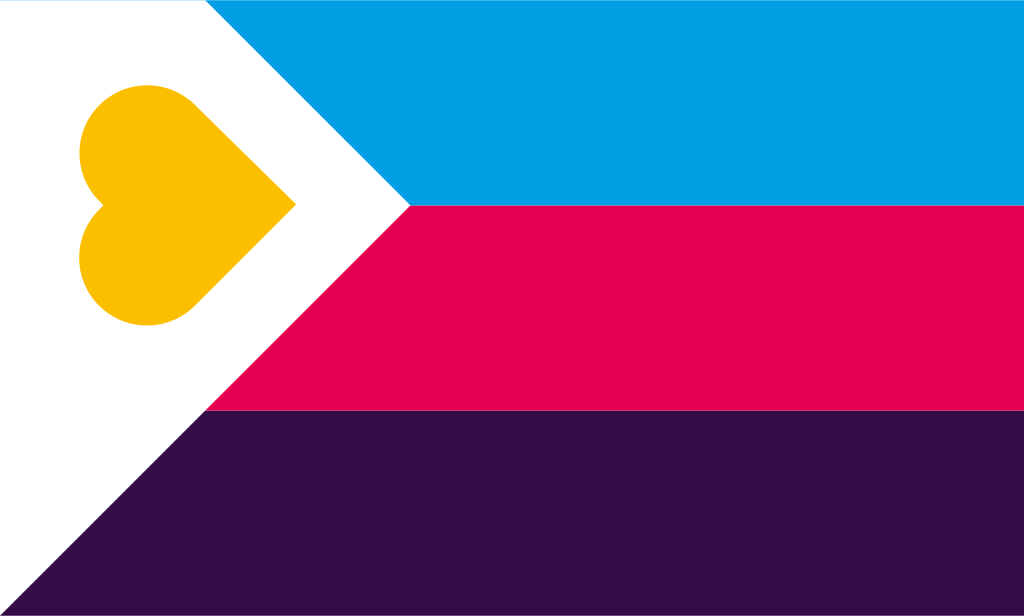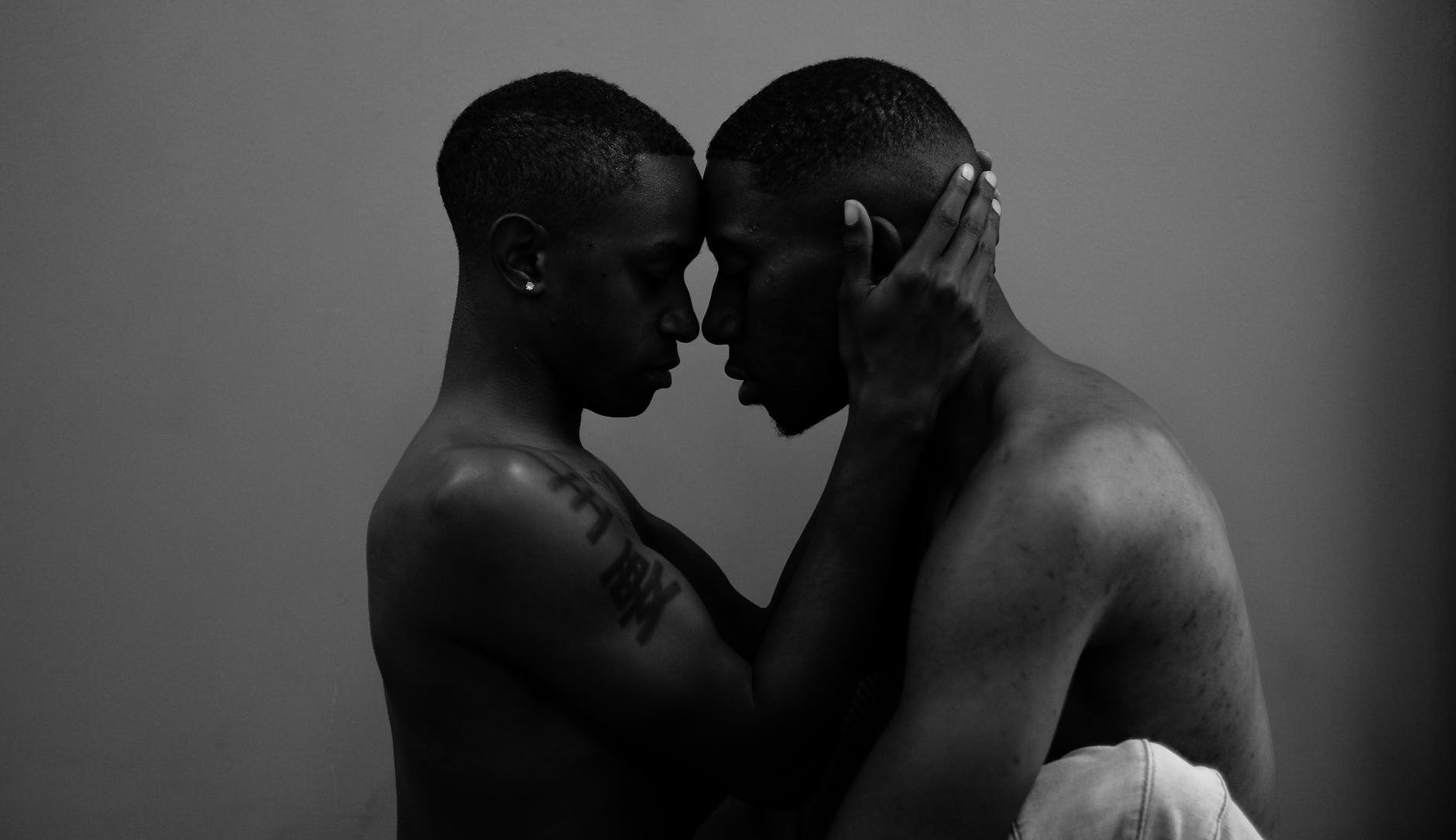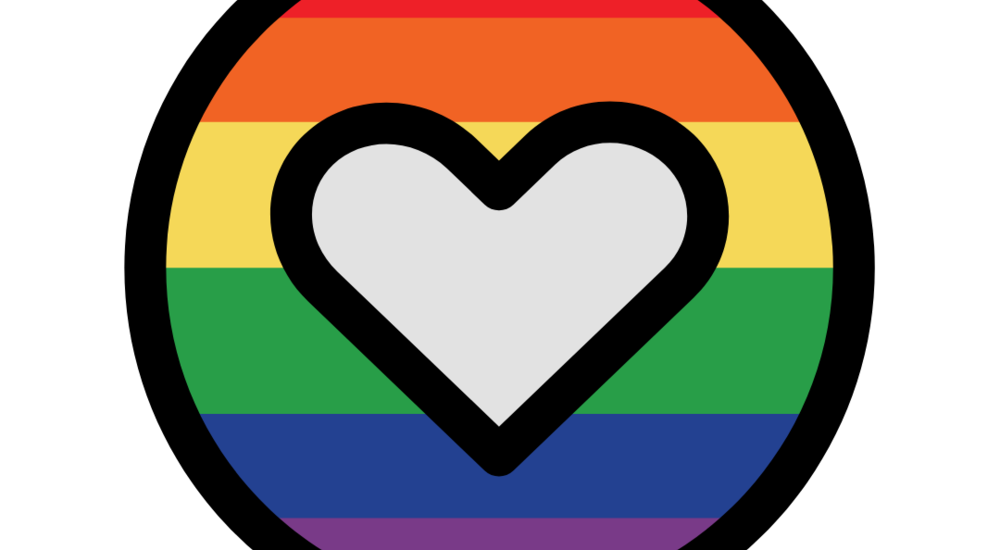Are LGBTQ+ death doulas necessary? After all, don’t we all die the same way? We don’t die the same way. And as a queer-informed death doula, I can tell you that the need for more of us grows every day.
A History of Discrimination
According to studies from the Center for American Progress, more than one in 10 LGBTQ+ people say they have been mistreated by a healthcare provider. This includes disrespecting families and treating the patients themselves with callous disregard.
Combine this with still-fresh memories of doctors refusing to treat AIDS patients in the 80s and 90s. This resulted in millions losing their lives. Thanks to recent and not-so-ancient history, many in the queer community continue to distrust healthcare providers. Some avoid medical care altogether.
Those numbers are even higher for the trans community. Homelessness, disease, and sexual assault remain at dangerously high numbers.
This community desperately needs advocates, especially in their final days. Queer-informed and loving death doulas can provide the LGBTQ+ community with such advocacy and care.
Forever an Ally
What is my history with the LGBTQ+ community? It goes back to the mid-1980s when I was a young girl in Tampa frequenting punk, new wave, and goth clubs. Word quickly spread that the safest space for us in that scene was El Goya, a popular gay club in Ybor City. At El Goya, which later became Tracks, we didn’t have to worry about covering our drinks, getting accosted on the dance floor, or being assaulted in the bathrooms.
The gay community kept me safe. As I got older and more politically involved, I returned that favor.
I learned how to be an advocate by working with ACT-UP, Tampa AIDS Network, and the movement to legalize gay marriage in the 2000s. I have some lived experience as a mom in a non-traditional family. And when I opened up my death doula practice, it felt natural to continue serving this population I love so dearly. I got certified to do so through Metro Inclusive Health in Florida and continue as a trained volunteer with Howard Brown Health in Chicago.
Death Positive Benefits
Let’s delve into new ways of thinking. This idea that people can choose their own ending, and die an empowered and peaceful death, is catching on. It especially benefits LGBTQ+ people.
Education
I’m a certified teacher and experienced educator. So I devote a great deal of my time to educating healthcare teams. When my clients are actively dying, they don’t have an endless supply of time or energy. Their bodies shut down. They feel exhausted and sleep more often than usual.
As a result, at their end of life, my clients rarely want to waste what has become a precious resource. They’d rather spend the remaining time and energy on loved ones. Someone else needs to educate their medical team. Someone they trust.
I fill that void for my clients in the LGBTQ+ community.
Death doulas like me effectively explain our client’s positionality and other information that doctors might not readily understand. We make sure a client’s partner is treated as a partner. Nothing less. When we educate and provide awareness, this often leads to more respect and reliable care.
Advocate
Despite more tolerant state and federal laws, all is not perfect. Bigotry didn’t just evaporate. Unfortunately, stereotypes, discrimination, hate crimes, and other acts of violence are a daily occurrence for the queer community.
Healthcare workers are like any other professionals. They can be uninformed at best. At worst, they’re homophobic. Even if they don’t harbor resentment toward LGBTQ+ patients, many are woefully ignorant. Nurses and doctors oftentimes do not possess adequate knowledge to treat these specific needs.
As a queer-informed death doula, I encourage more open-minded thinking. I explain my client’s background and history to encourage tolerance and acceptance among people who might otherwise be standoffish.
A loving death doula builds bridges. We see to it that our clients receive the respect and quality treatment they deserve.

Inclusion
I create a space that doesn’t always center on a traditional, nuclear family.
For centuries, when people came out, they were greeted with derision. Many families, religious or otherwise, would disown or abandon them. This resulted in queer folks making different kinds of families for themselves.
The last decade has seen much improvement in how nuclear families, and the greater community, respond to relatives when they come out. Yet alternative families continue to thrive.
Sometimes a person feels more acceptance from their chosen loved ones than from the families into which they were born. Especially if those families continue clinging to outdated views of homosexuality, gender fluidity, or anything that isn’t familiar to them.
Compared with the straight community, queer folks are also less likely to be married or have involved parents. They aren’t as likely to be supported by traditional structures. Therefore, especially at the end of life, they need a death doula who understands that one size doesn’t fit all.
This includes respecting different kinds of partnerships and romantic relationships.
For instance, someone who is ethically non-monogamous may have multiple partners but only one wife or husband. Doulas are famously nonjudgmental. I hold everyone in unconditional positive regard. This is especially true with marginalized communities.
Therefore, death doulas like me elevate LGBTQ+ families lovingly and inclusively. Estranged or confused family members benefit from these cues. At the end of life, we’ve seen walls come down. It’s a time for coming together, and making amends, and, for many, that includes forgiveness.
As a doula, I model the appropriate mood and energy.
Understanding Specific Needs
Doulas like me gently help with many aspects of death work that require sensitivity.
For example, perhaps a gender-nonconforming person does not want their body washed by strangers. They might only want a partner or spouse to see them post-death.
Another person might want to ensure their recognized name and true gender are listed on their death certificate. Although I cannot sign a death certificate in Illinois, I partner with professionals who ensure my clients’ wishes are followed.
What about grave markers? How do we make sure their correct name is listed? And do LGBTQ+ veterans still enjoy the right to be buried in a national cemetery?
These are all critical questions that an advocating death doula can help answer. Click here for more information about trans rights post-death.
Are Allies Enough?
Do death doulas need to be members of the LGBTQ+ community to be effective?
Yes, it certainly would be helpful and comforting to the queer community if more queer doulas existed. In the meantime, training is available for straight-death doulas who want to serve their LGBTQ+ brothers and sisters honorably and effectively.
Many organizations specialize in educating death doulas about LGBTQ+ sensitivity. Then those doulas can list their certifications and identify as queer-informed on their websites.
This signals awareness and eagerness to serve the LGBTQ+ community.

Allied Death Workers Can Do More
If you’re providing end-of-life care in the gay community, make sure you:
- Focus on the client and provide patient-centered care.
- Practice non-judgmental support.
- Understand that discrimination takes a toll.
- Spend time with the client to identify specific needs.
- Coordinate between caregivers and helpful volunteers, family members, and supportive friends.
- Provide appropriate community resources by networking with inclusive funeral directors, hospice organizations, and others.
- Help clients self-advocate.
- Provide an atmosphere of dignity and love.
- Affirm the identities of the people you serve.
- Honor your dying person’s wishes.
- Ensure a death aligned with what the client wants.
If you are a member of the LGBTQ+ community and need a queer-informed death doula in Chicago, you are not alone. Please contact me at Anitya Doula Services today.



One thought on “How Death Doulas Help the LGBTQ+ Community”